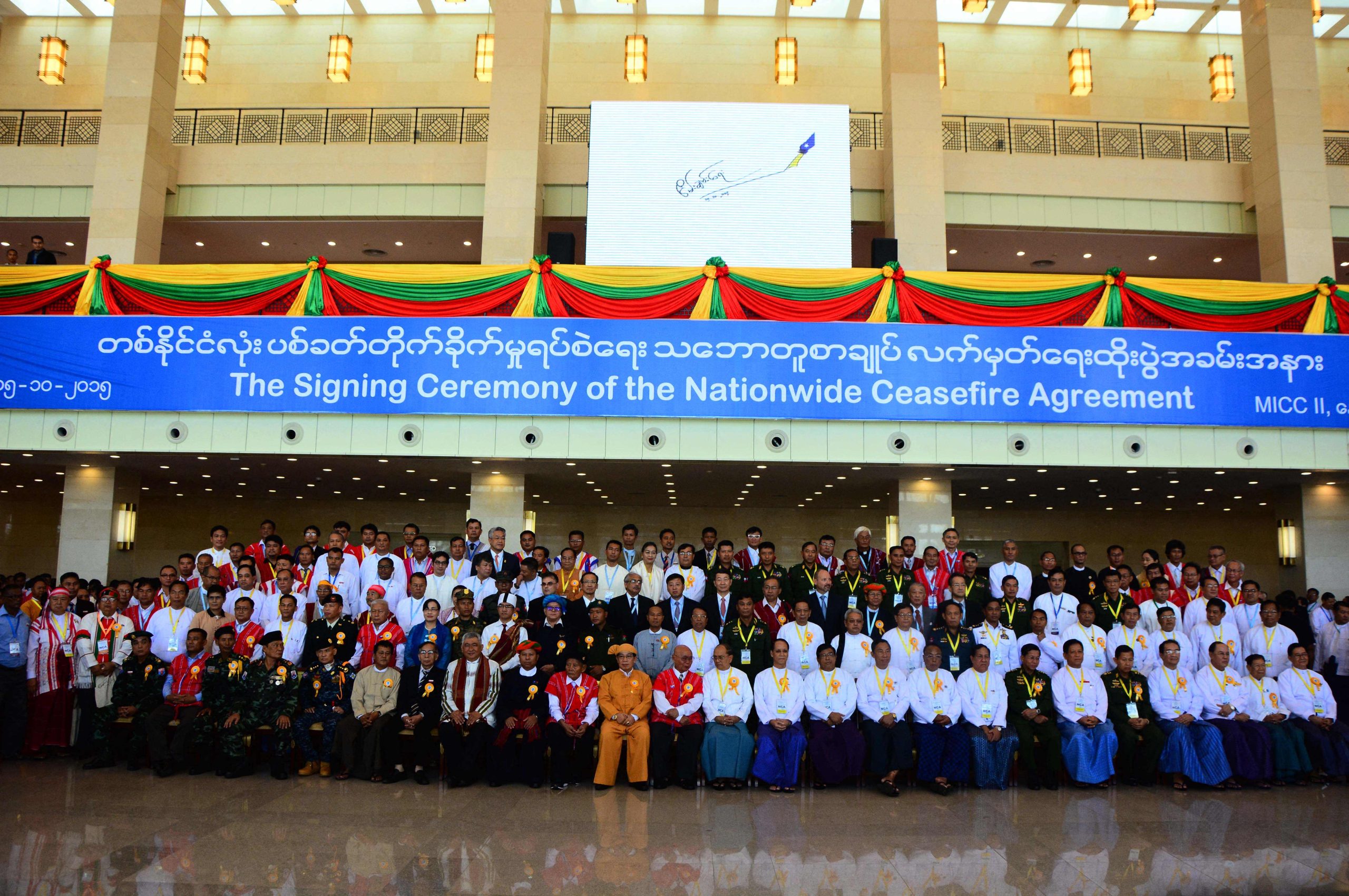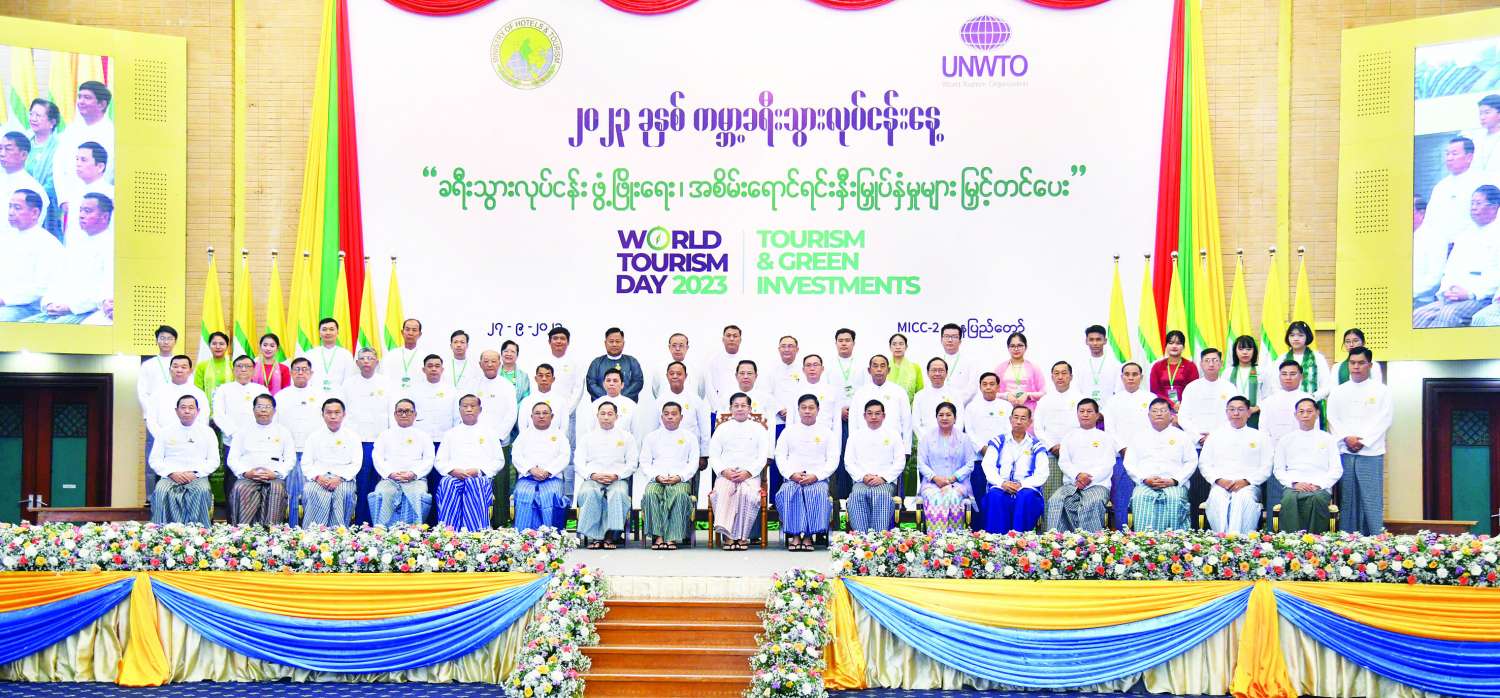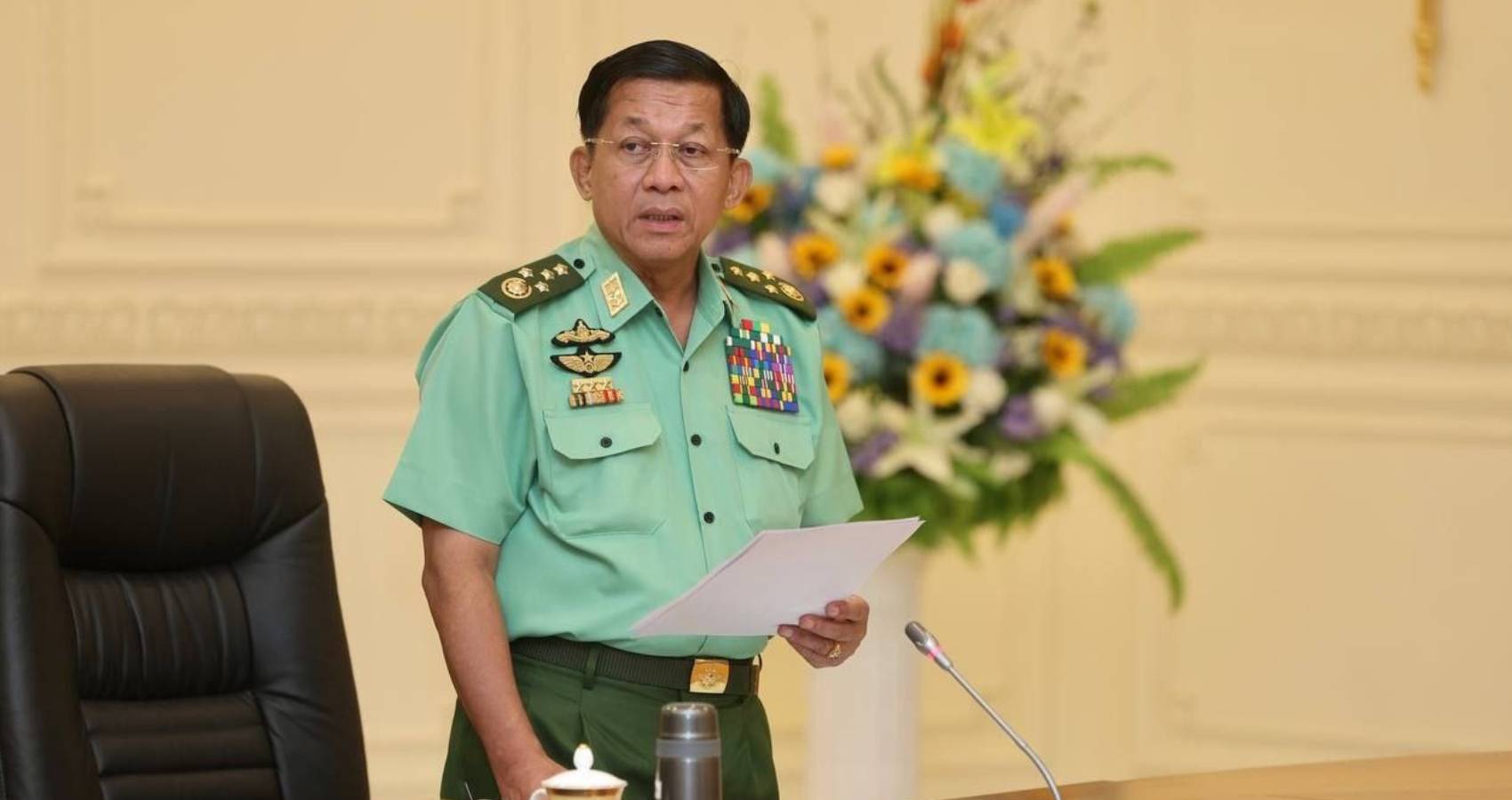Since the military seized power from a democratically elected government on Feb. 1, 2021, not a single day has passed without Myanmar people expressing opposition to rule by the gun. They took to the streets, they banged pots and pans, they organized silent strikes, they refused to pay taxes, they boycotted military-linked products including even the state lottery.
A popular armed revolution has been ongoing for nearly three years now.
So, Min Aung Hlaing was either playing dumb or just detached from reality on Wednesday when announced he had dispatched senior officials of his junta’s governing body, the State Administration Council (SAC), to survey public opinion about his regime across the country.
His so-called opinion poll comes after 30 months of massacres, arson and deadly air raids as part of a countrywide crackdown on opponents of military rule, not to mention the blackouts and rampant inflation.
Min Aung Hlaing also sent ethnic members of the SAC to Kachin, Kayah, Chin, Mon, Rakhine, and Shan states and ethnic regions. It was not clear if they actually bothered to listen to residents’ voices, but all of them urged local faith leaders, business owners, members of social organizations and community elders to cooperate with the murderous regime.
Few takers for ‘global’ celebration of failed NCA

Min Aung Hlaing might be an outcast, but he is also a big talker.
At a meeting of his regime’s State Administration Council on September 28, the junta boss crowed about inviting foreign governments to the eighth anniversary of the Nationwide Ceasefire Agreement on October 15. He had written to some heads of state and phoned others, depending on “his personal ties with them”, he told SAC members. Some had promised to attend while others vowed to send high-level representatives, he added.
Who is Min Aung Hlaing trying to fool? The SAC members at Thursday’s meeting were all aware that with the exception of Russia, no country in the world – including the junta’s key ally, China – has invited Min Aung Hlaing to visit. The junta boss can realistically expect to see representatives from some five countries, including Russia and China, attend the anniversary of the failed ceasefire agreement.
The NCA was originally signed by eight ethnic armed organizations during Thein Sein’s quasi-civilian administration, with two more joining under the now-ousted National League for Democracy government. Following the 2021 coup, three key signatories – the Karen National Union, Chin National Front, and All Burma Students Democratic Front – took up arms against the junta in Karen, Mon and Chin states as well as Bago Region and central Myanmar. The KNU, Myanmar’s oldest and most powerful ethnic organization, declared the NCA dead after the coup.
Junta boss takes another holiday from reality

While Cambodia logged 2.16 million foreign visitors in the first five months of 2023, Min Aung Hlaing couldn’t hide his pride this week when he announced that “Myanmar received over 600,000 foreign tourists in the first seven months of 2023, a six-fold increase from last year.”
But even this claim, made at an event to celebrate World Tourism Day on Wednesday, is dubious.
Since January, tour guides have been forced to take any other job available as demand for their services disappears. Meanwhile, hotels are being put up for sale across the country as the hospitality industry is starved of guests.
Tour operators in Myanmar said the country is receiving hardly any holidaymakers from Europe, and only small numbers from China and Thailand. The ‘600,000’ figure is a ridiculous exaggeration, they said.
Myanmar has been engulfed in civil war since the coup, and the UK recently warned its citizens not to travel to Kachin, Kayah, Karen, Chin, Mon and northern Rakhine states, as well as Sagaing, Magwe and Tanintharyin regions.
Dictator issues warning as corruption scandal engulfs regime

Min Aung Hlaing warns of severe penalties after several high-profile officials arrested in probe over soaring commodity prices. Read more.
